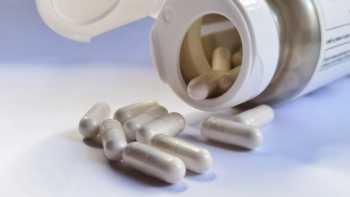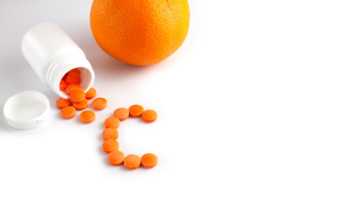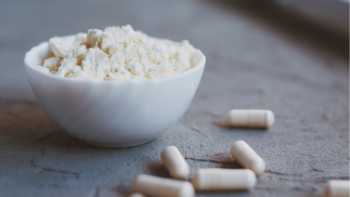Which supplements reduce hearing loss?
Can supplements such as alpha-lipoic acid, magnesium, N-acetyl-cysteine, folate or vitamins B-12, C and/or E help prevent or improve symptoms among people with hearing loss due to excessive noise or aging? Find out what the clinical evidence shows, and learn whether Advanced Hearing Formula, a supplement marketed for ear health, is likely to help.

Butyrate Supplements for Gut Health: Does butyric acid really work and is it safe?
Can butyrate supplements improve gut health or help reduce symptoms of irritable bowel syndrome (IBS) or Crohn's disease? Find out what the clinical evidence shows, learn about the different forms of butyrate, including sodium butyrate, calcium-magnesium butyrate, and tributyrate, and get details about products such as BodyBio Sodium Butyrate and Healus Complete Biotic Tributyrin, dosage, safety and cost.

When choosing a vitamin C supplement, should you look for one that is "reduced," "L" form (l-ascorbic acid), or "natural"?
Are supplements containing "natural" vitamin C, "reduced" vitamin C, or l-ascorbic acid better than regular vitamin c or ascorbic acid supplements? Find out if these forms are better absorbed or have other advantages, plus, learn about buffered and slow-release forms of vitamin C.

What are the health benefits of bovine colostrum and is it safe?
Bovine colostrum is promoted for boosting immunity, preventing and treating diarrhea, and improving gut health, but does it really work? See the clinical evidence for bovine colostrum, including doses that have been used, as well as safety concerns, cost considerations, and the difference between regular bovine colostrum and hyperimmune bovine colostrum.

Which dietary supplements are most often linked to adverse reactions by users?
Find out which types of supplements are most likely to cause adverse effects such as nausea, dizziness, racing heart, or insomnia based on a study of supplement users. Also learn how often adverse effects are reported when taking workout and bodybuilding supplements, weight loss supplements, and more.

How to Reduce Lightheadedness and Dizziness When Standing Up (Orthostatic Hypotension)
Learn about movements that can reduce lightheadedness and dizziness that can occur from a drop in blood pressure upon standing (initial orthostatic hypotension). Plus find out if supplements such as vitamin D and CoQ10 may help.

Dandelion Tea & Supplements: Health Benefits and Safety
Find out about the potential health benefits of dandelion tea and supplements, as well as safety, side effects, and potential drug interactions.

Does urolithin A reduce age-related muscle decline, osteoarthritis, or other age-related diseases?
Find out if urolithin A may improve age-related muscle decline and learn about its safety.

Can any supplements improve or worsen symptoms of fibromyalgia?
Find out if any supplements may help improve fibromyalgia symptoms, learn which supplements do not seem beneficial, and find out if any supplements worsen symptoms.

What are "hypoallergenic" supplements? How can I find hypoallergenic supplements on ConsumerLab.com?
Hypoallergenic supplements are typically formulated without ingredients known to be common food allergens, such as milk, fish, shellfish, eggs and nuts, and/or gluten , and certain artificial coloring agents, and fillers. ConsumerLab has tested many hypoallergenic supplements including multivitamins, probiotics, protein powders and more.






